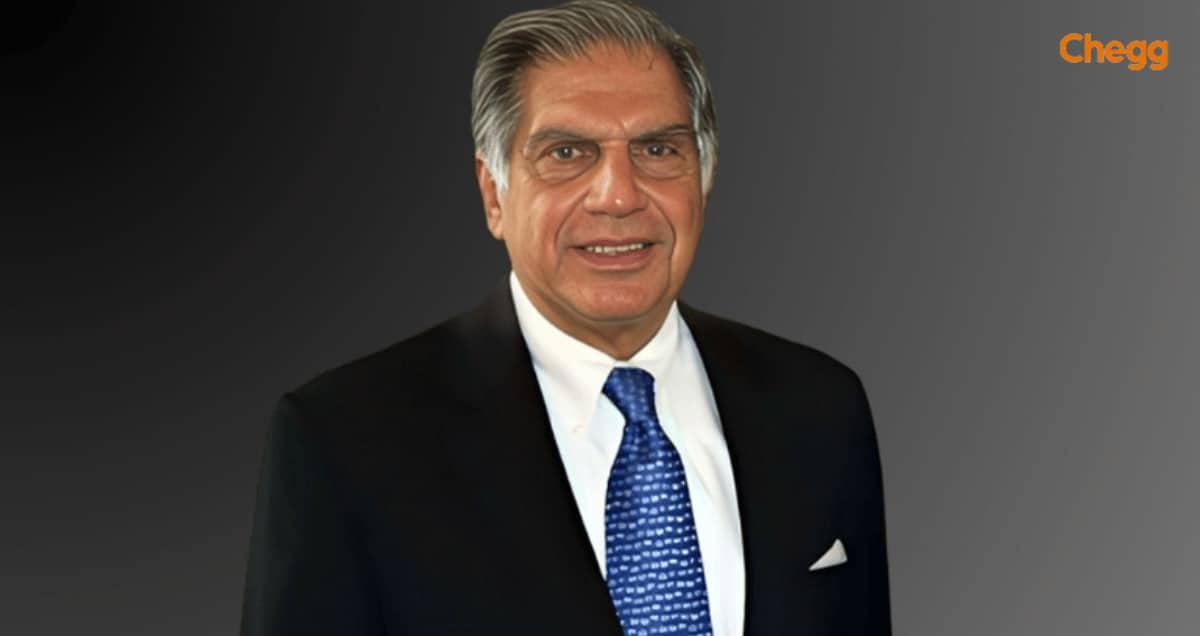Jobs After A Diploma In Pharmacy
Are you wondering what the d pharma course is? The full form of d pharma is a diploma in pharmacy and it is a 2-year, full-time diploma-level course. It enables students to study pharmacy with an option for medicine. The program prepares students to work in hospitals, pharmacies, and pharmaceutically-related settings—supervised by a licensed pharmacist. […] The post Jobs After A Diploma In Pharmacy appeared first on Chegg India.
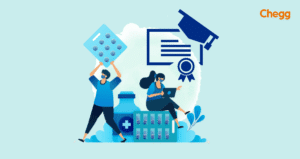
Are you wondering what the d pharma course is? The full form of d pharma is a diploma in pharmacy and it is a 2-year, full-time diploma-level course. It enables students to study pharmacy with an option for medicine. The program prepares students to work in hospitals, pharmacies, and pharmaceutically-related settings—supervised by a licensed pharmacist.
A diploma in pharmacy allows candidates to pursue a career in pharmacy and an equivalent discipline.
This article describes the Diploma in Pharmacy (d pharma) course in detail. It covers the skills needed, entrance examinations, top d pharma colleges, and available jobs after pursuing a d pharma.
Diploma in Pharmacy Course Highlights
| Level | It is a diploma-level course. |
| D Pharm Course Duration | The course duration is 2 years. |
| D Pharma Course Fees | The pharmacy course fees range between Rs. 4,000 and Rs. 4,00,000. |
| Type of Exam | The exam is a Semester/Annual exam. |
| Minimum Qualification | The minimum qualification is 10+2. |
| Minimum Aggregate Score | The minimum aggregate score should be between 45% and 55%. |
Also Read:
Most In-Demand Diploma Courses
Diploma Courses After 10th for All Streams
Skills Required for a Diploma in Pharmacy
The pharmacy industry is one of the most known fields in medicine. Here is a list of skills needed for d Pharma.
Communication Skills
- Pharmacy professionals need good communication skills.
- Proficiency in English and regional languages is crucial while speaking to patients.
- They must inform patients about dosage, timing, and methods of medication administration. Patients with chronic conditions mustn’t miss a single dose.
- Pharmacists should be able to explain things to patients in an understandable manner.
Related: Top Communication Skills you need to Master Right Now
Interpersonal Skills
- Doctors might be reluctant to answer questions. This makes patients angry and impatient as they await prescriptions. Pharmacy professionals need patience, diplomacy, and a great sense of humour.
- Chain pharmacies and large hospitals hire senior personnel to oversee budgets, monitor inventories, and maintain accurate records. Pharmacy professionals should be able to manage and supervise junior employees.
Patient Counselling
- Patient counselling is a crucial skill.
- It involves giving patients vital information, guidance, and support.
- Pharmacists should counsel patients to help them manage medications.
- They must ensure that patients take drugs as directed.
- In addition to communication skills, pharmacists need a thorough understanding of prescription drugs.
Internet Pharmacy Knowledge
- As most pharmacies have internet access, pharmacists must be familiar with internet pharmacies (e-pharmacy).
- Computers are used to store client data, inventory counts, billings, etc. Thus, knowledge of computers and internet pharmacy is a must.
Diploma in Pharmacy Subjects and Syllabus
The D pharma is a two-year course with 4 semesters. The d pharmacy course covers the following subjects and syllabus.
Here is a list of d pharmacy subjects covered in the d pharmacy course.
| Subject | Description |
| Pharmaceutics Phase I | Dosage forms and their classifications, metrology, pharmaceutical packaging and filtration, extraction, distillation, and pharmaceutical sterilisation processes. |
| Pharmaceutical Chemistry-I | Pharmaceutical chemicals concepts such as their properties, storage, antioxidants, antidotes, etc. |
| Pharmacognosy | Classification, origin, tests, distribution, and pharmaceutical aids. |
| Biochemistry & Clinical Pathology | Biochemistry and Clinical Pathology topics, their info, classification, carbohydrates, enzymes, vitamins, and others. |
| Human Anatomy & Physiology | Topics related to elementary tissues, skeletal systems, cardiovascular systems, respiratory systems, and muscular systems. |
| Health Education & Community Pharmacy | Health concepts, communicable diseases, and fundamental principles of microbiology. |
| Pharmaceutics Phase II | Reading prescriptions, studying various types of Incompatibilities, Posology, Dispensed Medications, Types of Powders, and Lipids and dosage forms. |
| Pharmaceutical Chemistry-II | Topics related to organic chemistry, including nomenclature, Antiseptics, Disinfectants, different drugs, coagulants, etc. |
| Pharmacology & Toxicology | Drugs and their metabolism, distribution, excretion, their effects on the Central nervous and respiratory systems. |
| Pharmaceutical Jurisprudence | Principles of Pharmacy and other laws and Acts such as Drugs and Cosmetics Acts, Narcotics and Poison Acts. |
| Drug store and Business Management | Trade concepts such as the commerce and divisions of the drug, sales promotion, marketing, advertising and display, and business management. |
1st Year Syllabus
The 1st year D Pharma syllabus is as follows-
- Pharmaceutics Phase I
- Pharmaceutical Chemistry-I
- Pharmacognosy
- Biochemistry & Clinical Pathology
- Human Anatomy & Physiology
- Health Education & Community Pharmacy
2nd Year Syllabus
The 2nd year d pharmacy syllabus is as follows-
- Pharmaceutics Phase II
- Pharmaceutical Chemistry-II
- Pharmacology & Toxicology
- Pharmaceutical Jurisprudence
- Drug store and Business Management
- Hospital & Clinical Pharmacy

Entrance Exams for Diploma in Pharmacy in India
1. NIPER JEE
- This entrance test is conducted by the National Institute of Pharmaceutical Education and Research (NIPER).
- It is a national-level test.
- It helps candidates join Master in Pharmacy and PhD programs.
- Application fee: 3,000 for General and OBC applicants / Rs. 1,500 for SC/ST applicants.
2. NMIMS NPAT
- Admission to the NMIMS NPAT for B.Pharm + MBA is managed by the Narsee Monjee Institute of Management Studies (NMIMS).
- Application fee: 2,000 for a single educational program / (An additional INR 1,000 for each school applied).
3. RUHS Pharmacy
- The Bachelor of Pharmacy and Doctor of Pharmacy programs of the Rajasthan University of Health Sciences Pharmacy (RUHS) are open to applicants.
- Application fee: 1800 (Open category) / Rs. 900 (Reserved category)
4. CG PPHT
- The Chhattisgarh Pre-Pharmacy Exam (CG PPHT) is a test for admission to pharmacy institutes offering Bachelor of Pharmacy and Doctor of Pharmacy degrees in Chhattisgarh.
- Application fee: 200 (General category) / Rs. 100 (SC/ST).
5. UKSEE Pharmacy
- A state-level entrance examination is conducted for UKSEE Pharmacy.
- The Uttarakhand State Entrance Examination for Pharmacy (UKSEE) is held to admit students to undergraduate (B.Pharm) and graduate (M.Pharm) pharmacy programs in colleges associated with UKTU.
- Application fee: Rs. 1500.
6. MET Pharmacy
- The Manipal Entrance Test for Pharmacy (MET Pharmacy) is administered by the Manipal Academy of Higher Education (MAHE) to offer pharmacy admission to institutions connected to the academy. The MET Pharmacy exam is administered yearly on a computerised platform, and candidates are allowed two attempts.
- Application fee: 600 (General) / Rs. 1400 (Selected courses).
Top Colleges for a Diploma in Pharmacy
Let’s have a look at the top five D.Pharma colleges in India and the course fees.
1. Delhi Institute of Pharmaceutical Sciences and Research
- DIPSAR was created in 1964 as part of Kashmiri Gate Polytechnic’s pharmacy department.
- It offers a pharmacy diploma, a master’s degree, and a doctorate.
- DIPSAR has partnerships with worldwide research institutions.
- It is attempting to become India’s first pharmacy university.
- It is known for producing world-class pharmaceutical scientists.
- Course fee: 22,500.
2. ISF College of Pharmacy
- With top infrastructure, its primary goal is to meet Punjab’s basic educational needs.
- It ranked highest among India’s research and pharmacy schools.
- It offers quality education through highly qualified teachers.
- Course fee: 58,300.
3. JSS College of Pharmacy
- The NAAC has awarded the JSS College of Pharmacy in Ooty an A+ rating for accreditation.
- It was placed sixth in India by the NIRF Ranking-2022.
- The college offers D pharma and B Pharma degrees.
- It also has a PG Diploma and Certificate programs for excellence in pharmaceutical research and education.
- Course fee: 17.07 lakh
4. Manipal College of Pharmaceutical Sciences
- It is the Manipal Academy of Higher Education’s top institution.
- In 1963, the college started to offer the D.Pharma degree.
- In 1970, MCOPS became Karnataka’s first college to offer an M.Pharm degree.
- The AICTE and PCI have granted MCOPS approval, and it is NBA accredited.
- Pharm, PharmD, D.Pharm, and M.Pharm programs are offered.
- Course fee: 17.65 lakh
5. Jamia Hamdard University
- The University Grants Commission (UGC) approved Jamia Hamdard University’s status as a university in 1989.
- It is one of the best colleges in India.
- It received an “A” grade accreditation from NAAC and was ranked first for pharmaceutical studies.
- Course fee: 1.6 lakh
Jobs After a Diploma in Pharmacy
| Job | Description |
| Clinical Pharmacist | Interacting with patients on the proper use of medication in clinics, hospitals, and other types of healthcare facilities.Professionals interact directly with patients and other healthcare professionals and frequently work as a cohesive team to care for patients.Salary: Base pay: Rs. 0.4 lakh |
| Hospital Pharmacist Director | A hospital pharmacist supervises the distribution of medications to patients.The usage of IV-focused medications is another aspect of this profession.Salary: Rs. 400,000/year |
| Medical Writer | A medical writer primarily writes blogs about the technicalities of medicine.Salary: Rs. 4,53,281/year |
| Supply Logistics Manager | A supply logistics leader writes effective logistics supply job descriptions by listing duties and responsibilities in detail.Salary: Rs. 6,10,492/year |
| Drugs Safety Associate | This may be a good fit for those with strong communication and analytical abilities. Such professionals typically conduct research on a computer while evaluating various drug information requests.Average Salary: Rs. 3,48,677/year |
| Medical Safety Officer | A medical safety officer ensures physically safe premises for patients, staff, and visitors.Salary: Rs. 5,77,534/year (Senior Security Officer) |
| Chegg | Chegg offers training as subject matter experts in Biology to candidates with a D.Pharm.Salary: Rs. 3,50,000/year |
| Clinical Trial Manager | Clinical Research Associates monitor and manage sites and ensure project implementation.Salary: Rs. 22,40,000/year |
Evaluate numerous career choices to choose the right career path for yourself. Dive in to our guide on Career Options.
Frequently Asked Questions
There are many benefits to pursuing a d pharma course. It opens up plenty of job opportunities. The profession has flexible work hours. It is a field with higher salaries.
An entry-level tertiary pharmacy certificate in India is the Diploma in Pharmacy (commonly abbreviated as d pharm or d pharma). It is achieved after a two-year training period.
There is a lot of scope for a diploma in pharmacy. The pharmacy industry has room for long-term expansion. The rising demand for healthcare services after the COVID-19 pandemic has enabled the industry to advance even during a crisis. In light of this, pharmacy has a bright future. I
t is a well-rounded profession that includes science, healthcare, direct patient contact, computer technology, and commercial management. In terms of volume, India has the third-largest pharmacy market. Pharmacy is the perfect career for intelligent people with strong social skills who want to assist people. The minimum requirement to become a registered pharmacist in India is a pharmacy diploma (d pharm).
Both B Pharma and D Pharma degree have their own specialities. A D pharma course is ideal for exploring entrepreneurship and working in a pharmacy. The B pharma is perfect for pursuing research-based careers and higher education in pharmaceutical science.
The post Jobs After A Diploma In Pharmacy appeared first on Chegg India.











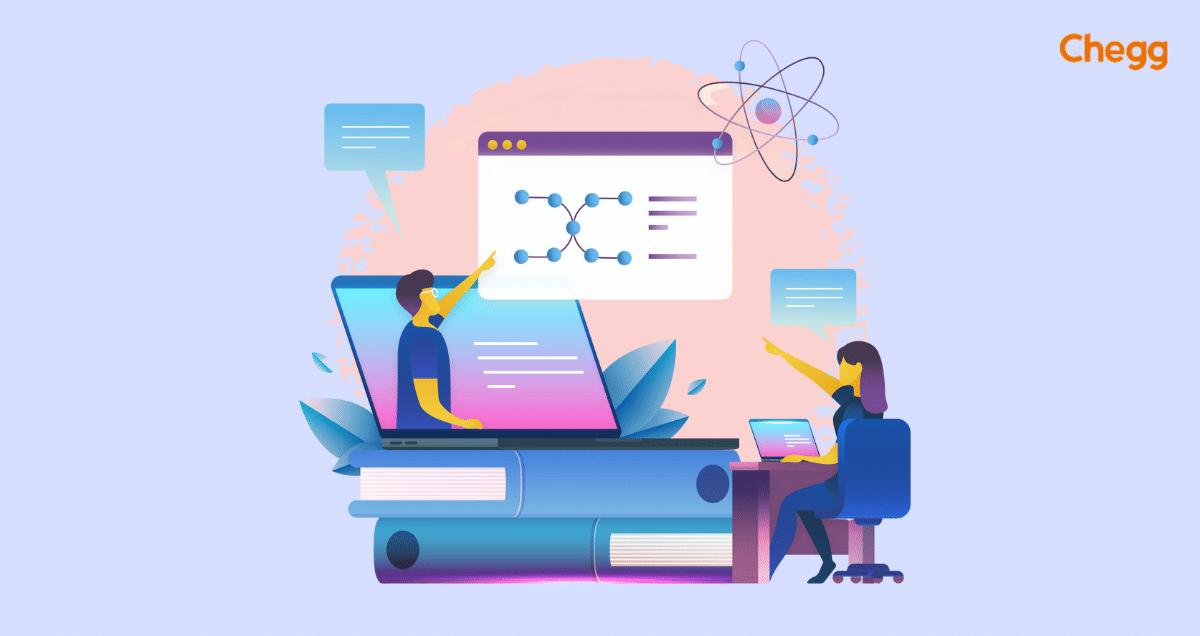
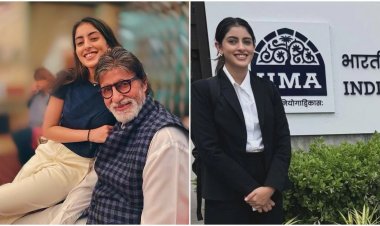
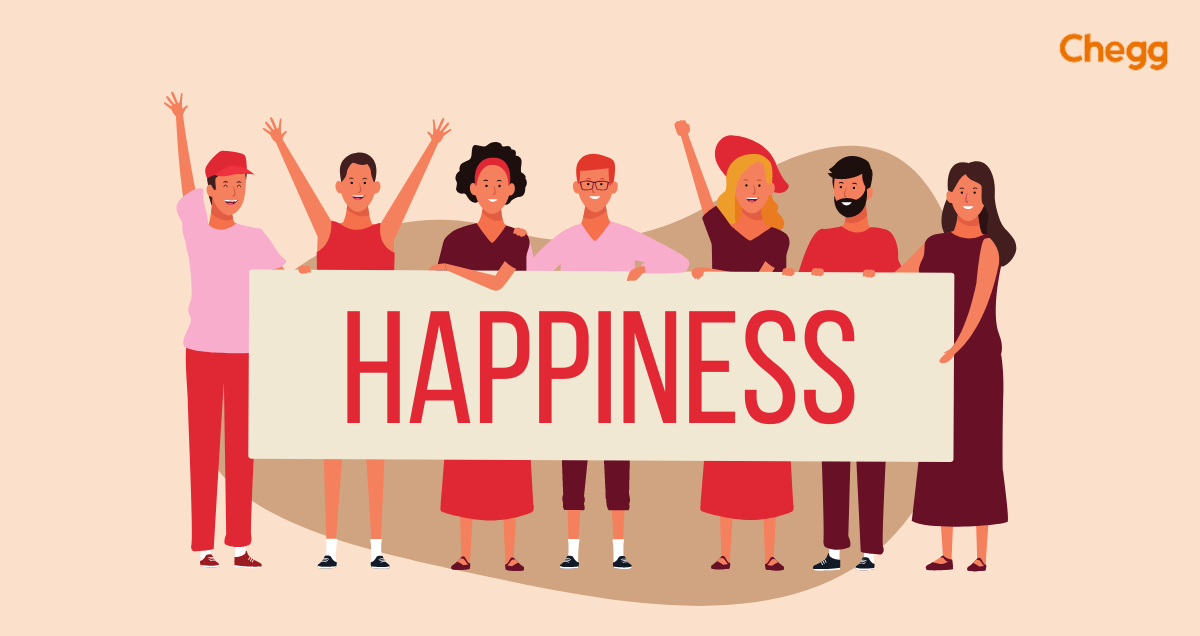

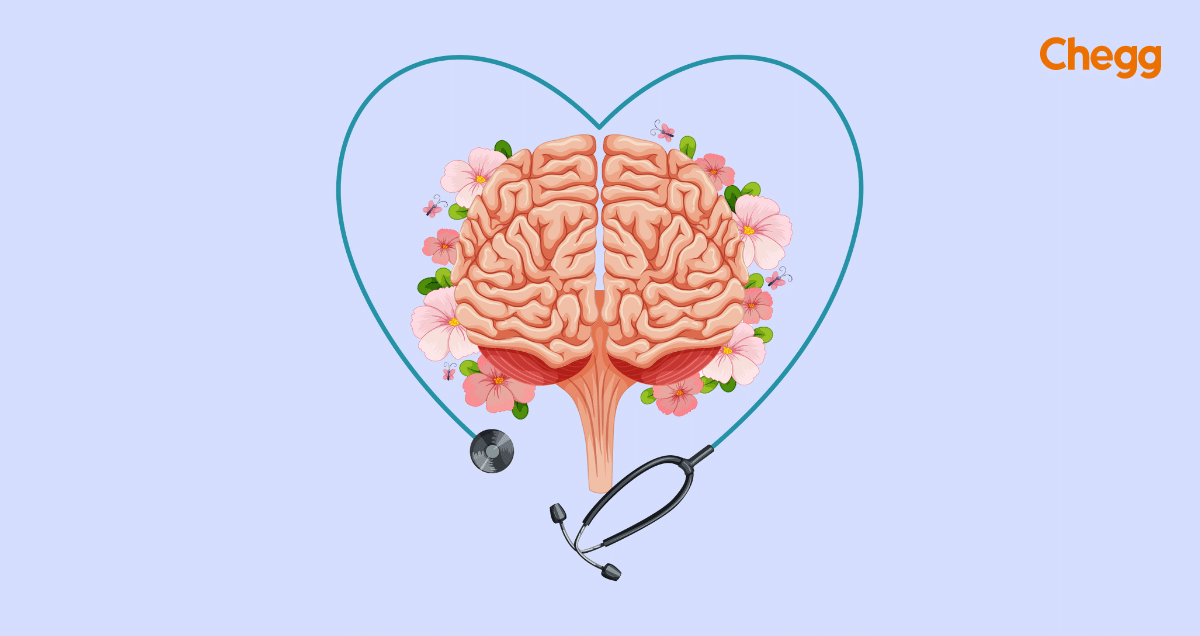


/cdn.vox-cdn.com/uploads/chorus_asset/file/25115065/DCD_Avishai_Abrahami.jpg)

